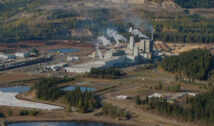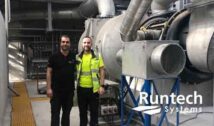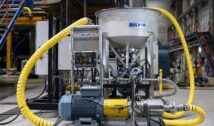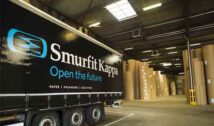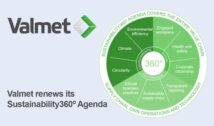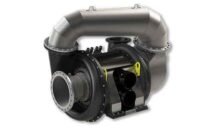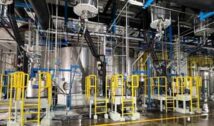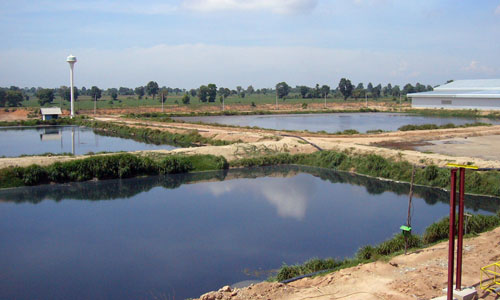
In early 2021, Bolloré Logistics renewed its carbon neutrality programme launched in 2020 to offset all residual CO2 emissions produced by the LCL (less than container) shipments of its subsidiary TSL – specialised in maritime consolidation. In January, Bolloré Logistics began financing a waste-to-energy project through Carbonfund.org1 on behalf of CYY Bio Power Co Ltd, a company located in Pong Daeng, 20 km west of Nakhon Ratchasima in Thailand.
All CO2 emissions related to LCL shipments are measured and offset through the financing of this project to capture the methane produced when treating wastewater. The captured gas is then transformed into biofuel that replaces the fossil fuel used in the plant, and into electricity, the surplus being sold and injected into the grid.
The programme also benefits the surrounding communities by improving air quality and partially financing the waste disposal system by selling the electricity generated. It has also received the Gold Standard certification, which attests to its quality, and is regularly audited by the Carbonfund.org foundation, a partner of Bolloré Logistics, and by an independent firm.
“At Bolloré Logistics, we believe it is our duty to our customers and our planet to contribute to the deployment of a more sustainable global supply chain. We offer logistics solutions which are increasingly efficient in terms of CO2 emissions in order to reduce the overall carbon footprint of our operations. We also contribute to offsetting unavoidable emissions by investing in major sustainable projects in countries where we operate, such as Thailand,” said Pierre Houé, Deputy COO at Bolloré Logistics.
This approach is part of Bolloré Logistics’ CSR programme “Powering Sustainable Logistics”. Launched in 2018, this programme integrates Bolloré Logistics’ ethical, social and environmental challenges. On the environmental front more specifically, the company committed in early 2021 to reducing by 30% by 2030 (baseline 2019) its scope 3 CO2 emissions linked to its transport services.










